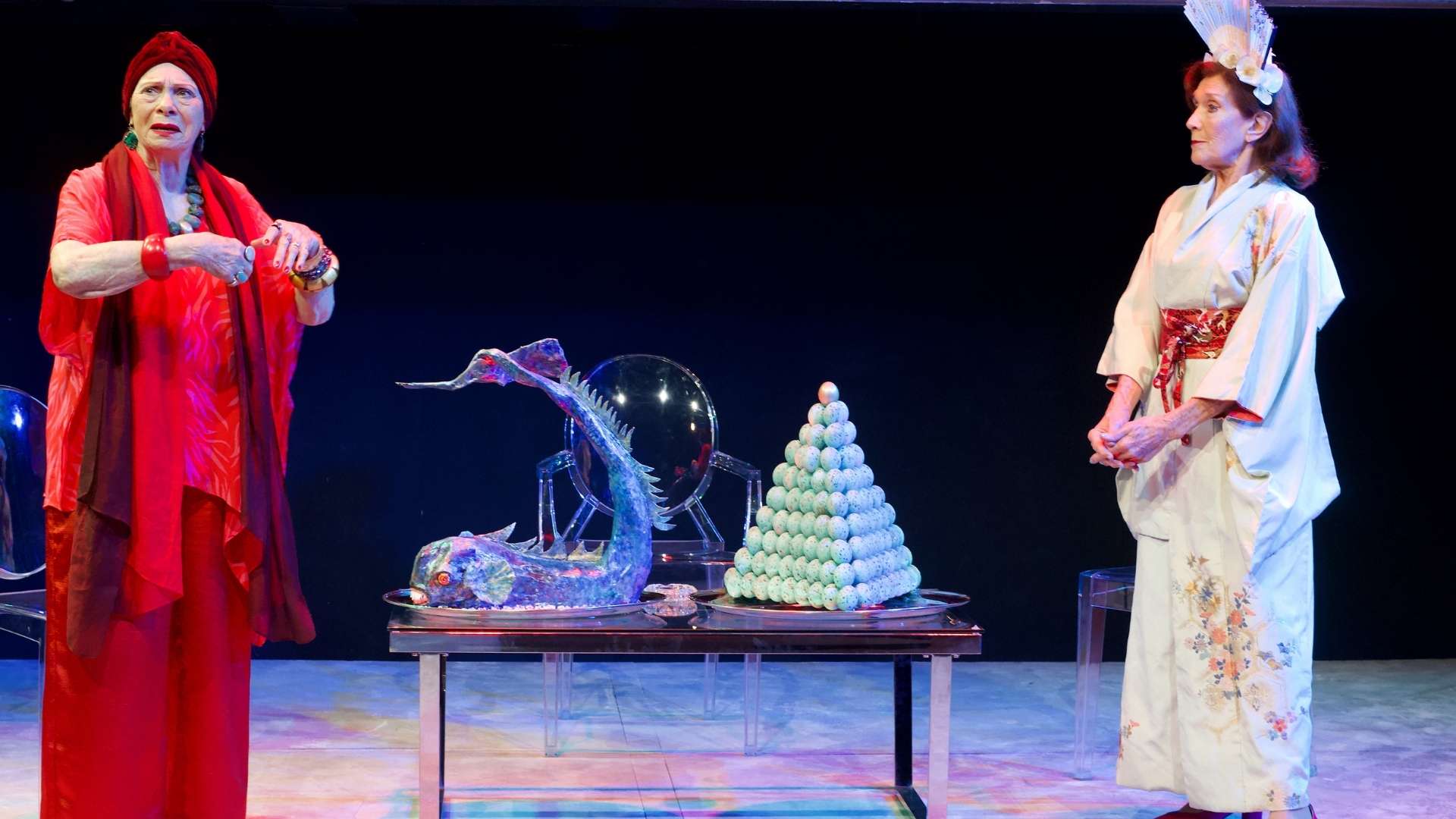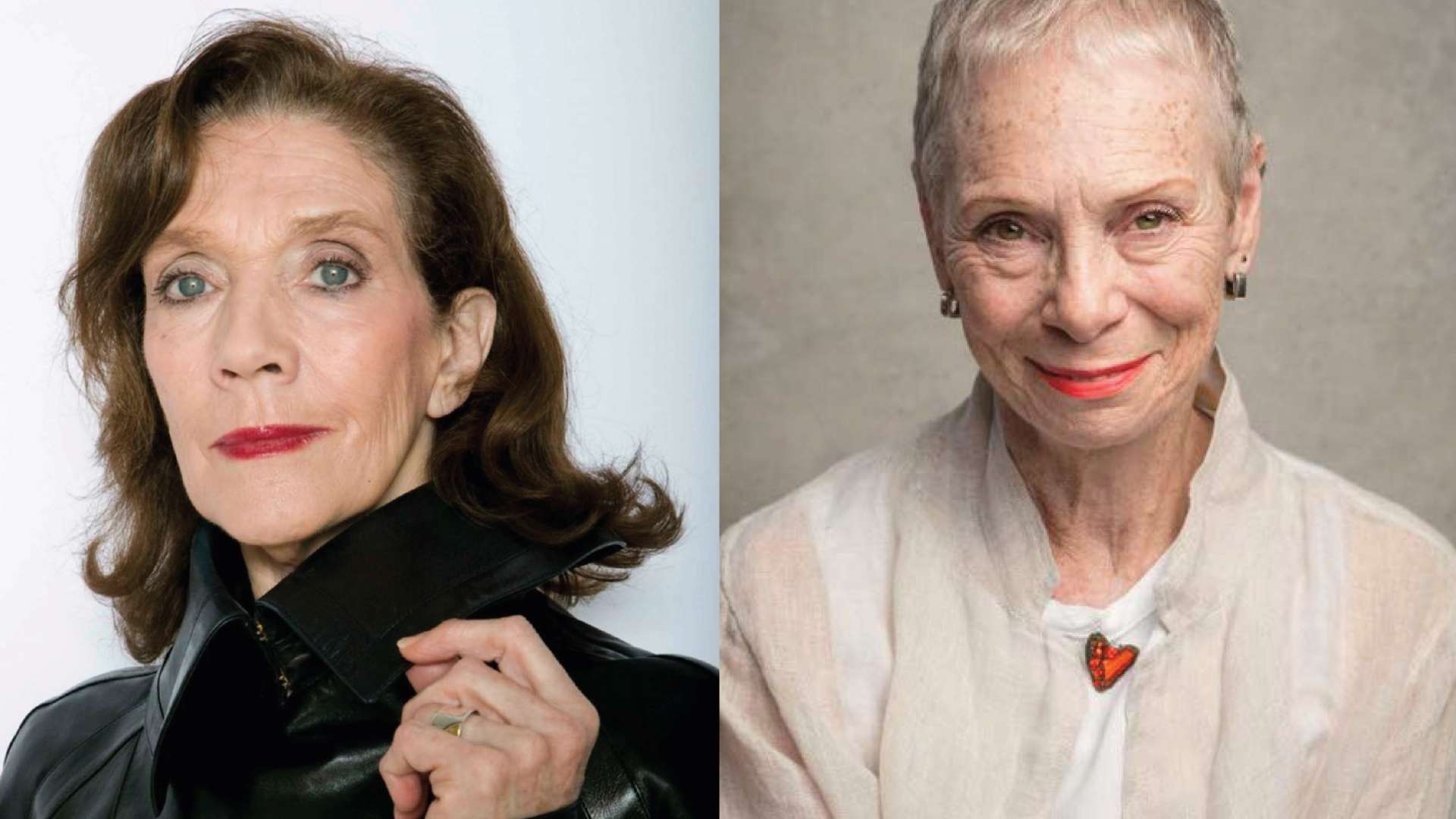 Having already played to critical acclaim at the Park Theatre, Philip Ridley’s Vincent River transfers to the West End’s Trafalgar Studios. It’s portrayal of hate crime, homophobia and a mother’s grief make it less than an easy watch, but with so much darkness the play finds light, with moments of touching tenderness.
Having already played to critical acclaim at the Park Theatre, Philip Ridley’s Vincent River transfers to the West End’s Trafalgar Studios. It’s portrayal of hate crime, homophobia and a mother’s grief make it less than an easy watch, but with so much darkness the play finds light, with moments of touching tenderness.
An east end woman through and through, Anita opens the door of her new flat in Dagenham to a strange young boy. He claims to be the one who found the corpse of her murdered son, and wants to know more about Vincent so that he can stop “seeing him everywhere he goes”. It becomes clear that Anita has had to come to terms with some difficult truths following her son’s death, and that this stranger, Davey, knows more than he first lets on.
The relationship between the two characters, seems obvious at first. Anita sees in Davey a surrogate son, while Davey yearns for a loving mother. They both have things which need to be said and, just as importantly, heard. Davey immediately seems trustworthy, despite his hoodie and black eye, there’s a sense of wholesomeness hiding somewhere beneath his use of Estuary English. What unfolds however, comes as a deft blow to the audience, sending them reeling and struggling to order their thoughts.
At just eighty minutes we find ourselves with a deep understanding of both characters, they tell each other stories from their past. Anita’s precious china cups, or Davey’s recent engagement may seem insignificant, but glue all these pieces together and you find yourself with a play which genuinely moves, shocks and affect you.
The subject matter is powerfully emotive, and it’s written in the most intricately alluring way. It grips its audience from the opening scene and refuses to let go. My blood ran cold as secrets were revealed, and Louise Jameson’s guttural wails pierced the air. Under the direction of Robert Chevara, Vincent River smoulders with intrigue and suspense.
The way homosexuality is portrayed in Vincent River may seem a little out of step for modern audiences, but it’s important to remember this play was penned at the turn of the millennium, so Anita’s response to finding out her son was gay is more understandable in the context of the play’s setting.
Louise Jameson’s Anita draws upon all the grief, confusion and guilt of a mother who has lost her only son. You can feel her heart breaking as she relives memories and lost opportunities. Jameson’s screams of anguish are devastatingly effective to the point where you just want to jump out of your seat and comfort her.
Thomas Mahy gives an outstanding performance as the young Davey. He takes this complex character and completely owns it, offering the audience a glimpse of a young man in tremendous pain. His suffering is palpable, and the emotion he creates through simple movements or expressions is captivating to watch.
Vincent River is superbly written, and in this production the performances enhance the traumatic story. Leaving its audience reeling long after the final bows, Vincent River is one of the most devastating and urgent plays to be seen in London this year.























